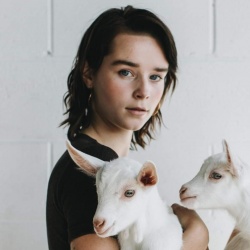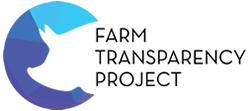News & Media > Editorials > What Is Intersectional Activism and Why Does it Matter?
What Is Intersectional Activism and Why Does it Matter?
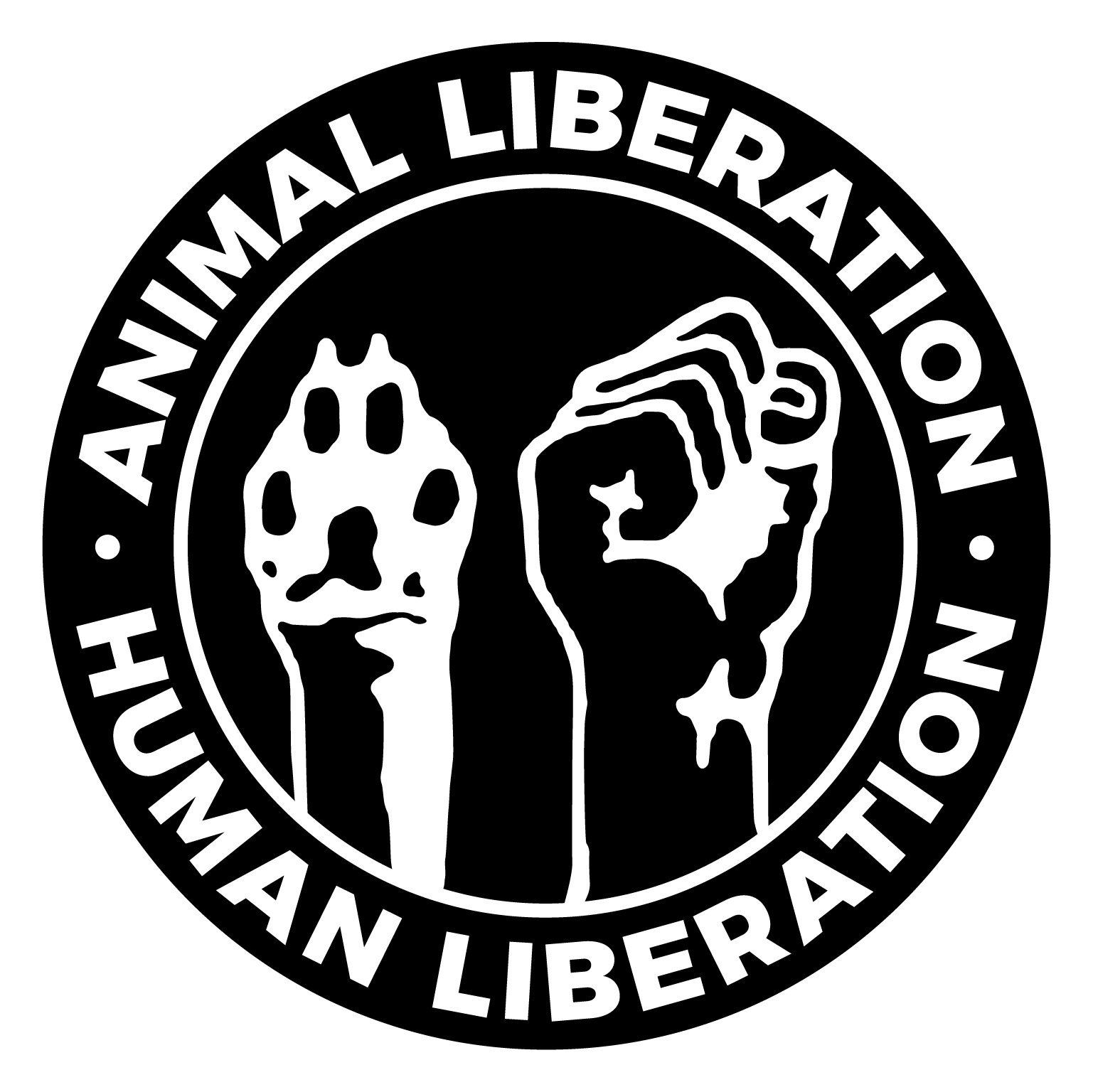
All oppression is linked because there is no inherent reason for any one being, human or non-human, to be considered 'superior' to another. Why? Because 'superior' is a human construct. Everyone is different - someone may be of a different race, gender, sexual orientation, age or species. Our error lies here: instead of celebrating diversity amongst those we share the world with, seeing an equal line of unique beings with distinctive capabilities, appearances and ways of life, we have constructed a heirachy from 'best to worst'. From this made up heirachy, we have created made up rights, handing them out accordingly. We have falsely equated differences with asocially determined ideas of worth. We have created false 'reason' to oppress.
So what does this have to do with animal rights, and the way we advocate for animals? If all oppression is linked, it means that the fight for animal liberation is utterly intertwined with black liberation, queer liberation, feminine liberation, and the dismantling of oppressive constructs and ideology as a whole. In order to break something down, we need to understand it. If we can understand speciesism and the ways in which it connects with other 'isms' of discrimination, we can tackle it far better. We can strike at the roots, not just tear down branches.
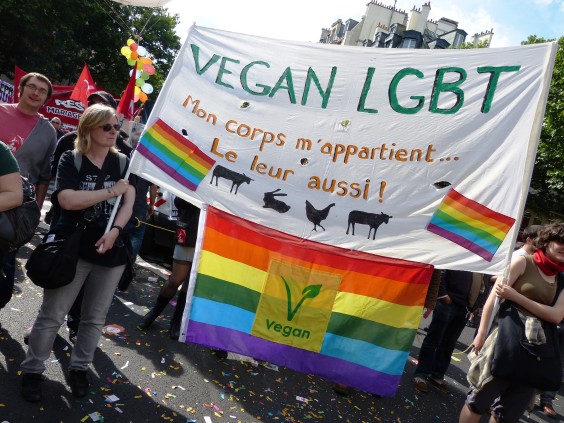
Liberation movements are stronger together.
In Beasts of Burden: Disability and Animal Liberation, Sunaura Taylor argues that an ‘ideology of disability’ is the basis of all oppression. Different oppressed groups have been falsely labelled with impairments – women have less intellectual capacity, transgender people are mentally ill, queer men are infected. Through fallacy, marginalised groups become synonymous with their ‘lackings’ or ‘diseases’. Many people with disabilities are not duly considered, accessibility being considered a ‘cost’, not a right for individuals we wrongly demoralise as less ‘useful’. Those considered unable to be 'useful' in our rigid and exhaustive framework of exponential financial growth are too often shunned from our circle of interest and care. Perhaps too, in this productivity and profit orientated world, animals have little to offer us, so by and large, they are given little in return - turned instead into our laborers, our food, our clothing.
Black liberation activist and writer Christopher Sebastian McJetters says ‘everyone probably understands ‘human’ as a biological classification, but it was actually white supremacy that set up ‘human’ as a political identity’. In his talk, ‘Exploring Connections Between Black Liberation and Animal Liberation' the idea that racism is built upon the animalisation of human beings is made clear. White people have been made out as 'human', everyone else as 'non-human'. In a world in which animals are so disenfranchised, considered merely as food and fabric rather than as individuals, to be dehumanized is incredibly dangerous.
In the Sexual Politics of Meat, Carol J Adams asserts that animals are 'absent referents' in the objectification of women. It is estimated that in Australia, 1 in 5 women are sexually assaulted, and similarly harrowing global statistics represent a world in which men feel entitled to the bodies of women. Objectified, unwillingly sexualised and degraded, women often reference their having been made to feel like they were 'just a piece of meat'. 'Meat', the butchered bodies of animals, takes on metaphorical meaning in the feminist movement, yet we forget that there is no piece of meat which is ‘just’ that, only bodies stripped of life, dominated by might, brute ‘power’ and force. Themes of domination and entitliement to the body of another overlap in feminism and veganism, and this is made most clear when we make note of the disproportionately high rates of domestic violence, sexual assault and rape committed in communities surrounding slaughterhouses, places of death and butchery.
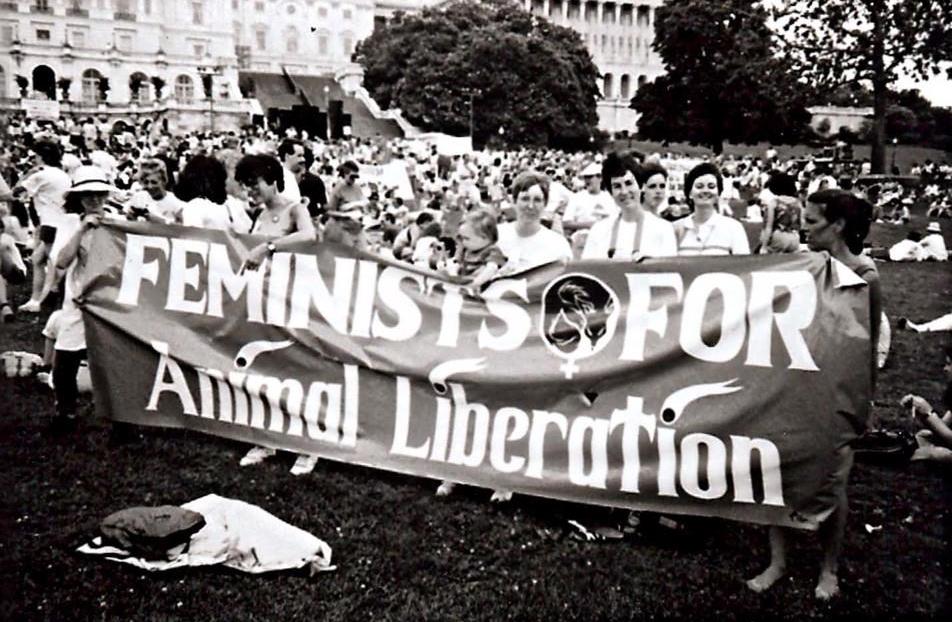
Understanding oppression through a lense of intersectionality makes clear that representation and inclusivity is critical within movements for liberation. Vegans and animal rights activists are all sorts of people, of different genders, sexes, races, abilities and ways of life. However, in a world which favours whiteness and masculinity, we do not present this way. The vast majority of 'publicly known' activists are white men, the 'typical vegan' is a white woman with a level of class privilege (like myself). When people do not see themselves within our movement, an ethical vegan lifestyle can feel out of reach and even unwelcoming. This is certainly not of benefit to anyone, animals included.
Further, people with different backgrounds intimately understand different problems. Take for example food accessibility and deserts, a large hinderance for many wishing to live vegan. If someone does not have fair physical access to fresh produce, to beans, to plant-based staple foods, even if they are affordable, they can't be eaten. I cannot possibly be the person to represent, voice, or solve this issue, as I have no personal understanding of the problem - I lack the nuance, complexity of thought and solution awareness that someone who has lived this experience has. Often, this is a person of colour, as their communities are simply not cared for the way white communities are. So, we need to raise the voices of those who are a wealth of knowledge, who are tackling these and other problems which sit at the intersection of different liberation movements - for example, Lauren Ornelas, founder and President of the Food Empowerment Project.
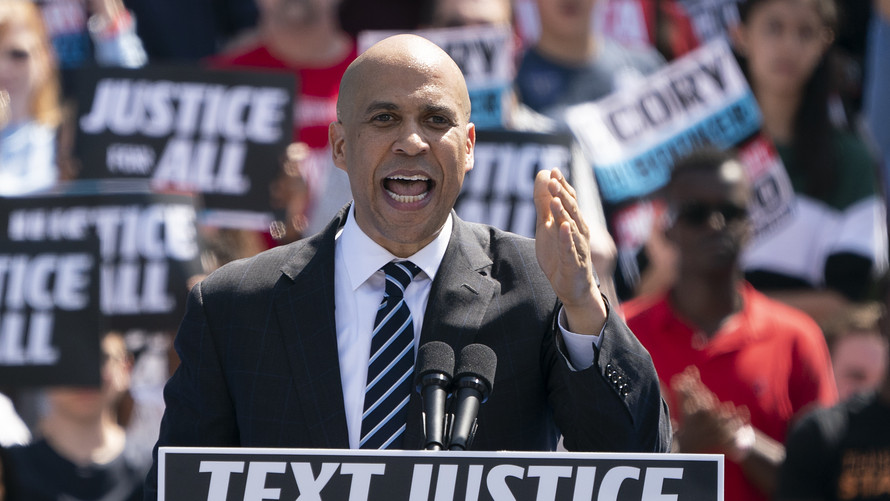
Cory Booker, US senator, 'has dedicated his life to fighting for those who have been left out, left behind, or left without a voice'.
As an intersectional vegan, 'everyone', includes animals.
We need to delve deeper into the web of oppression we all live in, recognise the patterns, the connecting points. If you're interested in gaining a deeper understanding of how our movement intersects with others, who is in our movement, what hinders our movement, and how these mountains can be climbed, just a few other people with incredibly valuable insight and knowledge include; Dr A Breeze Harper, diversity and inclusion strategist, cultural food studies scholar, and facilitator; Aph Ko, decolonial theorist and author; Marjorie Spiegel, author of The Dreaded Comparison, with a foreword by the formidable Alice Walker; and Cory Booker, US senator, vegan, and environmentalist working to dismantle racial oppression. Spend some time looking at their, and the aformentioned actvists' work; their messages are important.
Intersectional activism matters because all oppression deserves dismantling, every being deserves autonomy, freedom and safety. It is simply not right to stand for the liberation of some, none are truly free until all are. While we may dedicate ourselves and our time to a particular cause, we must understand and act upon the ways oppression, and so liberation movements, entangle together. If we do not, we all suffer.

